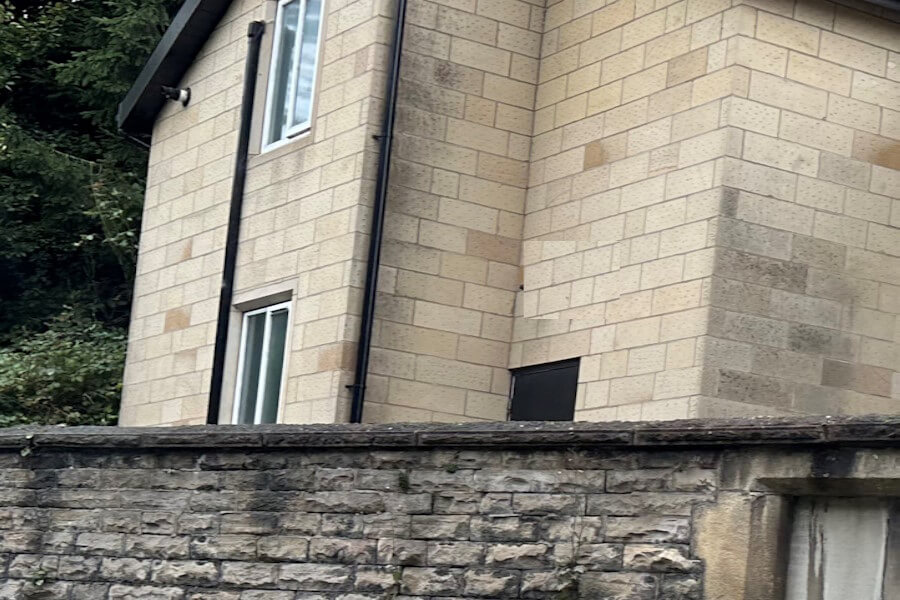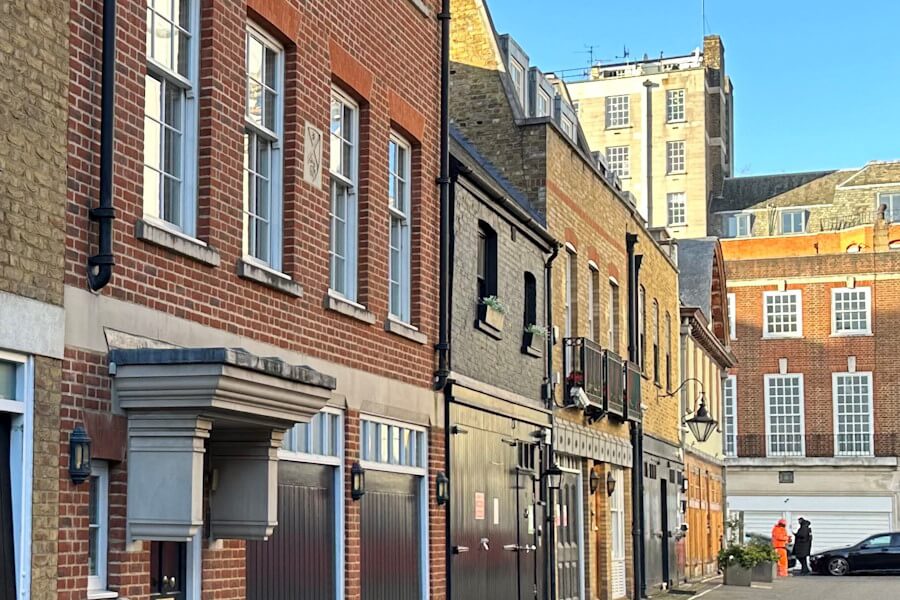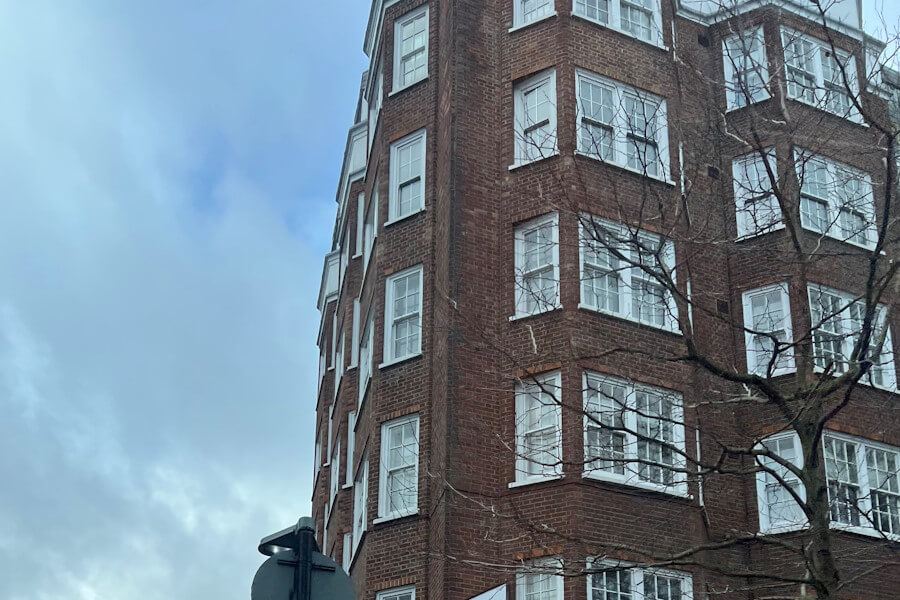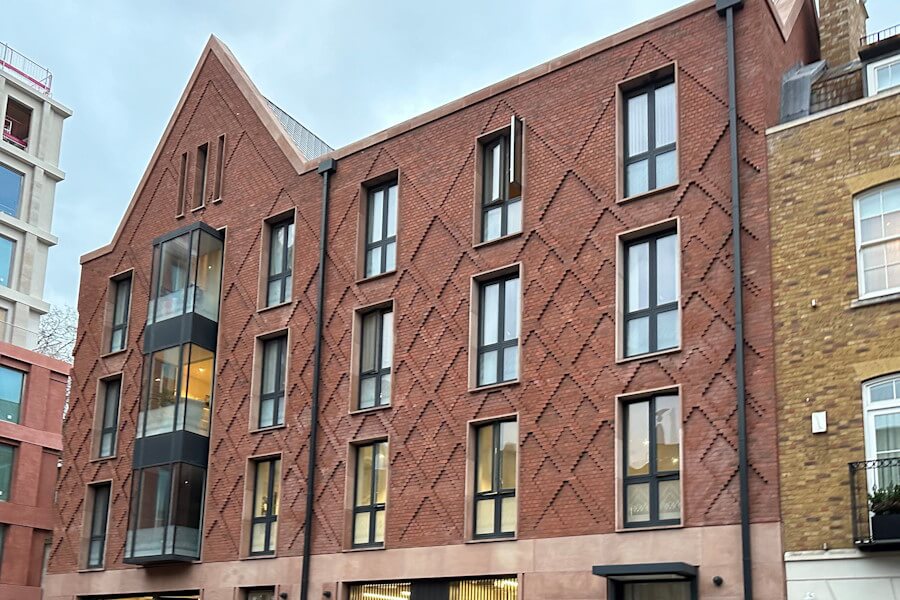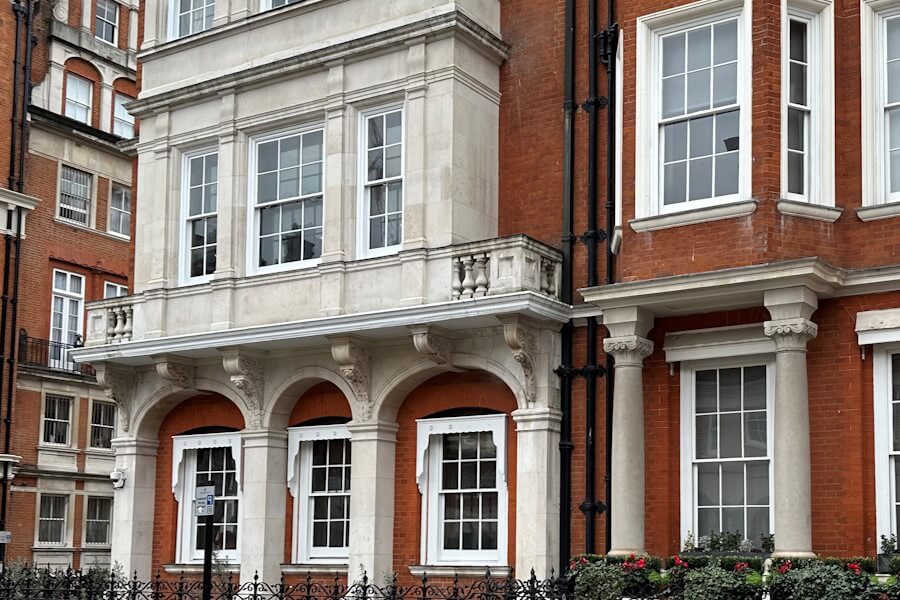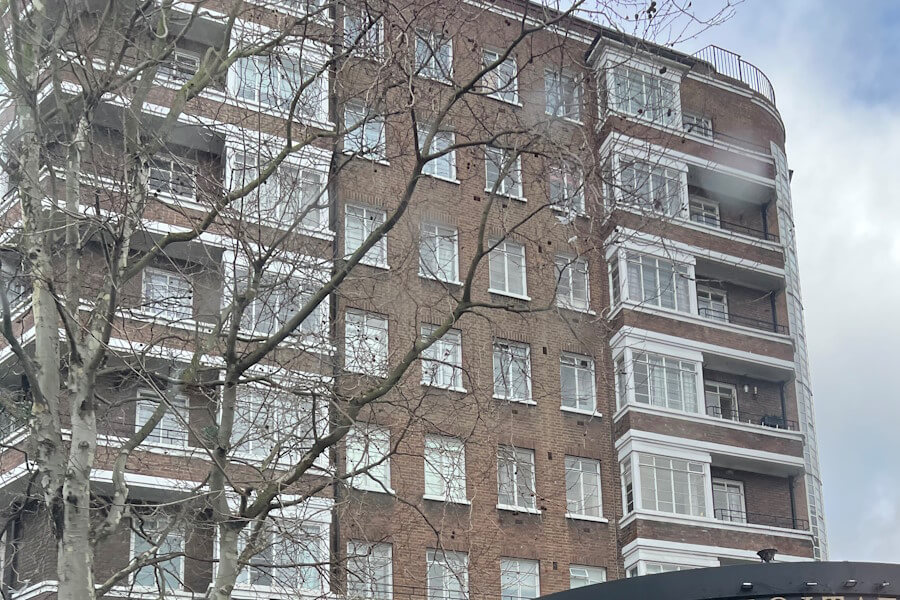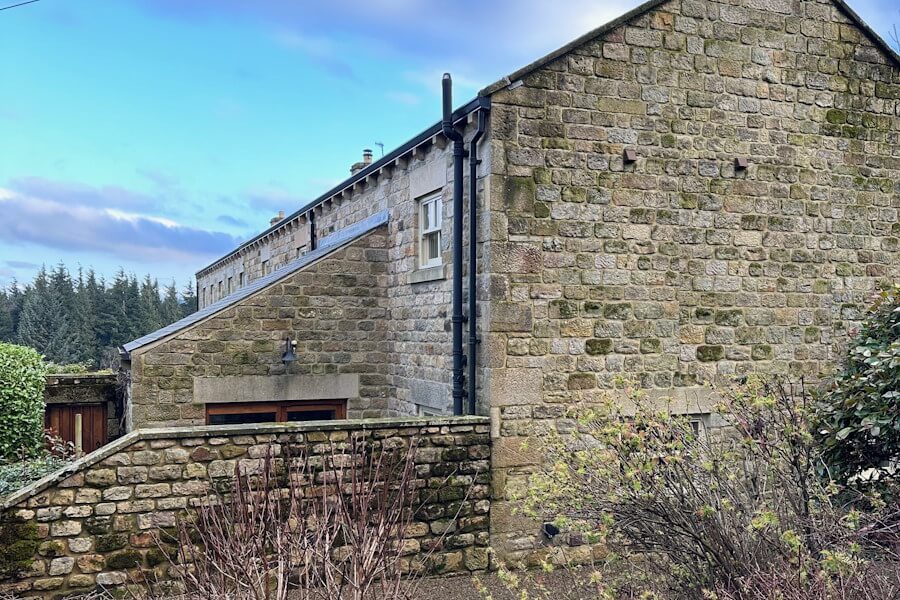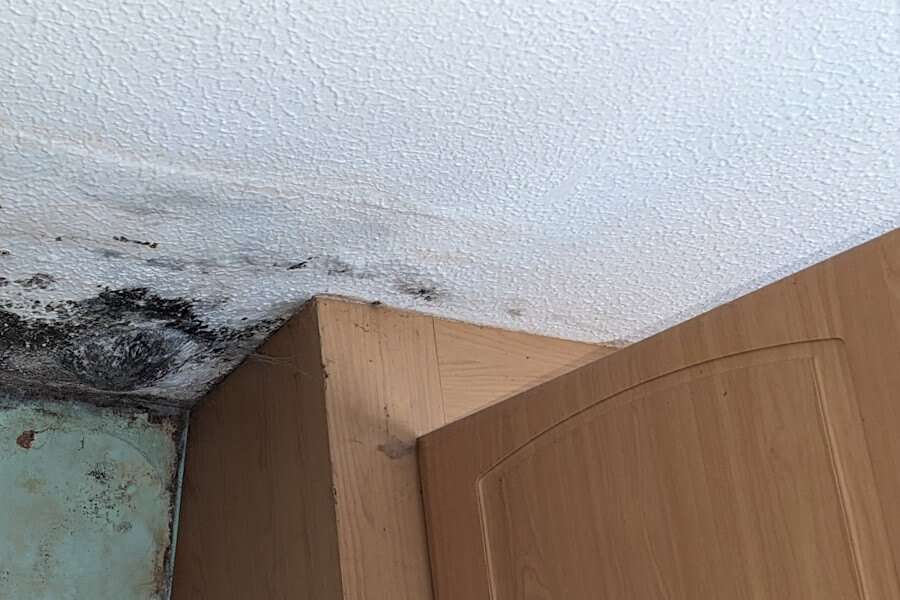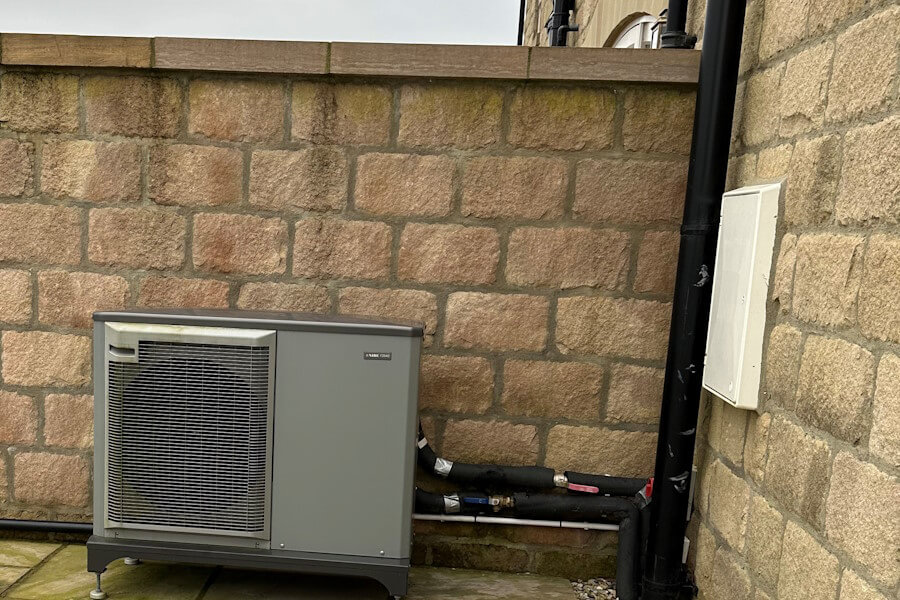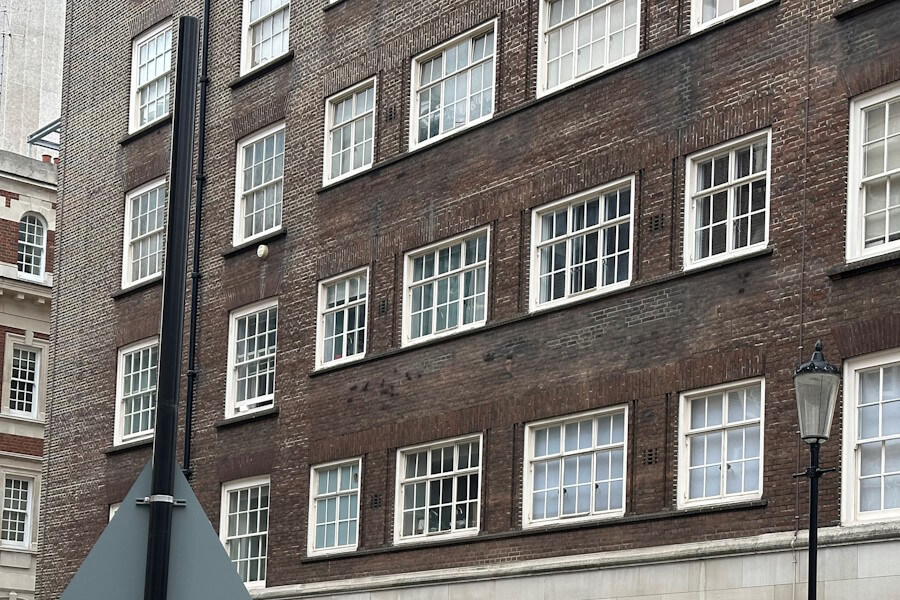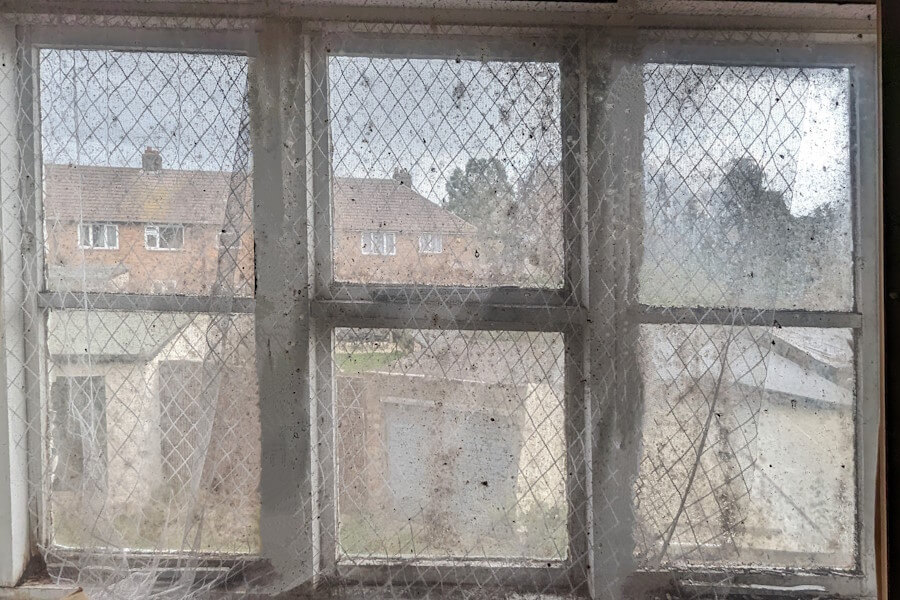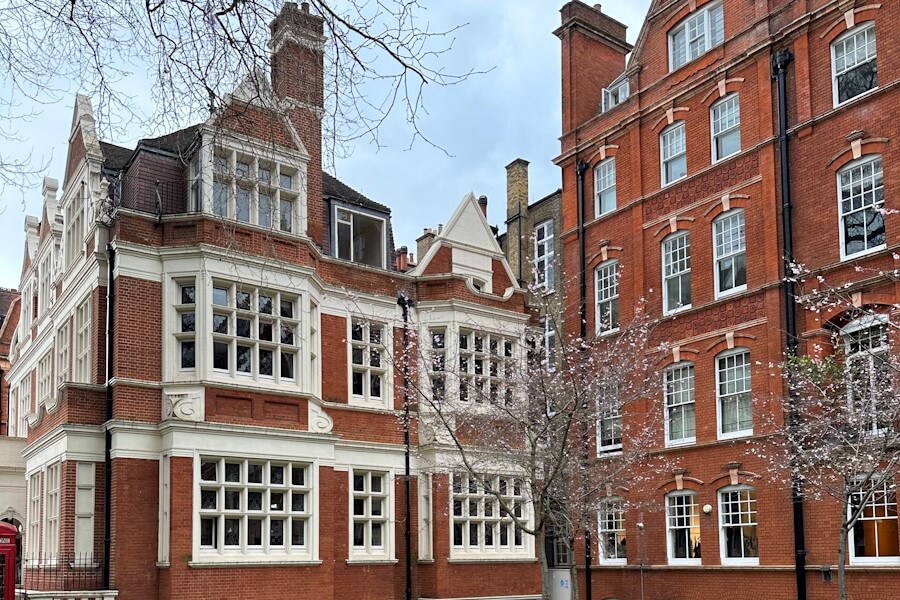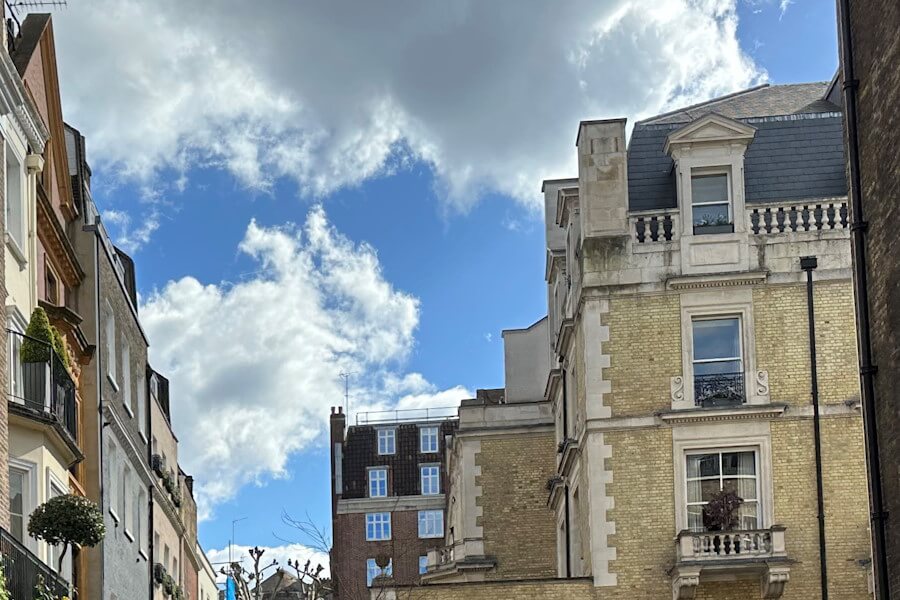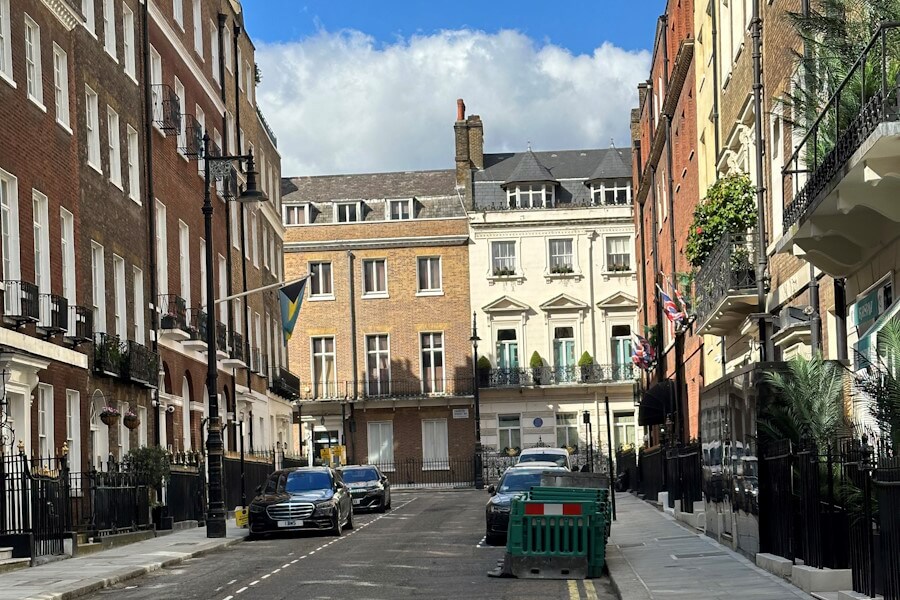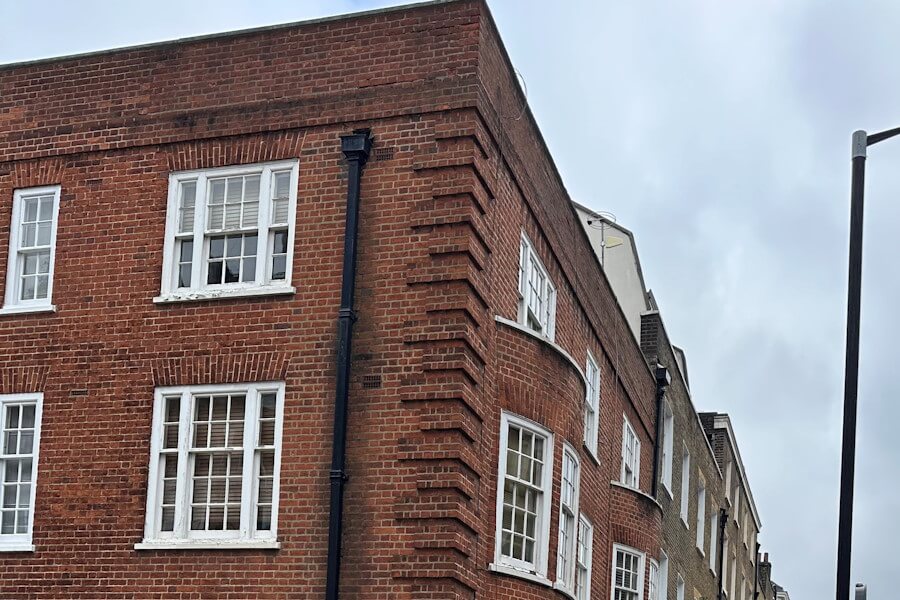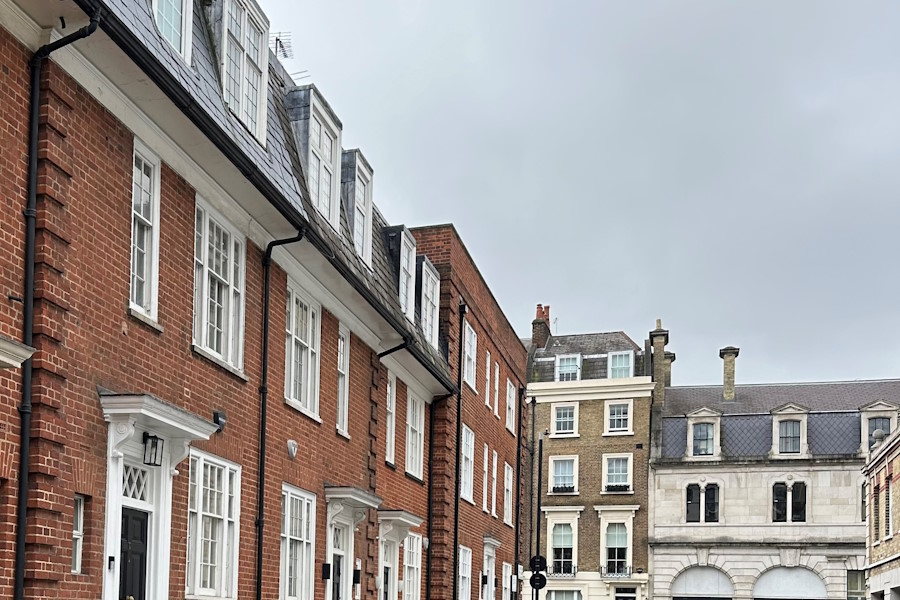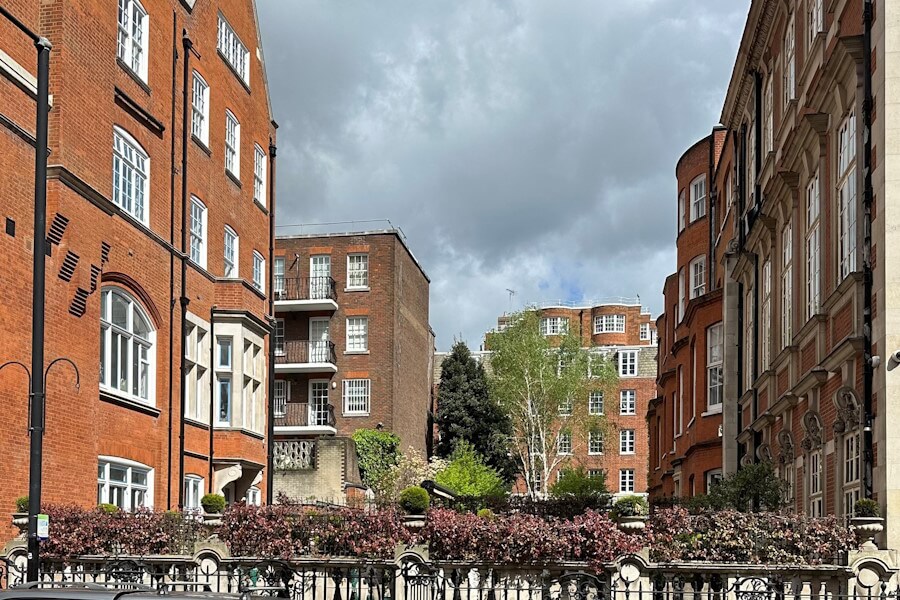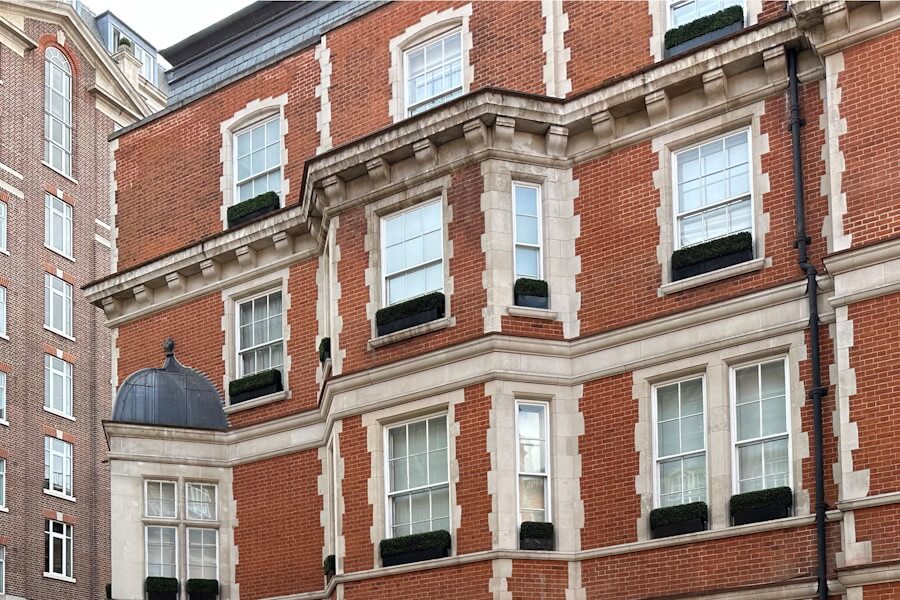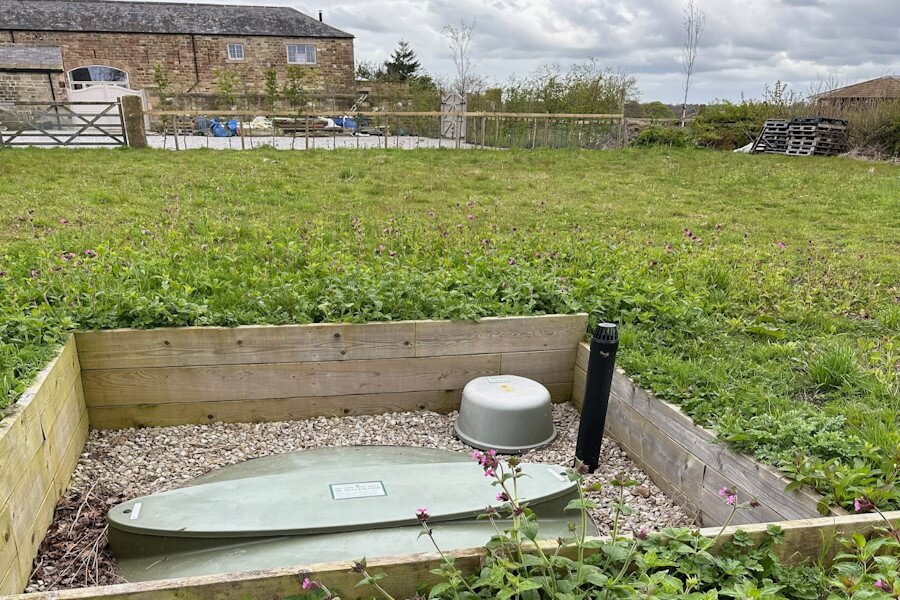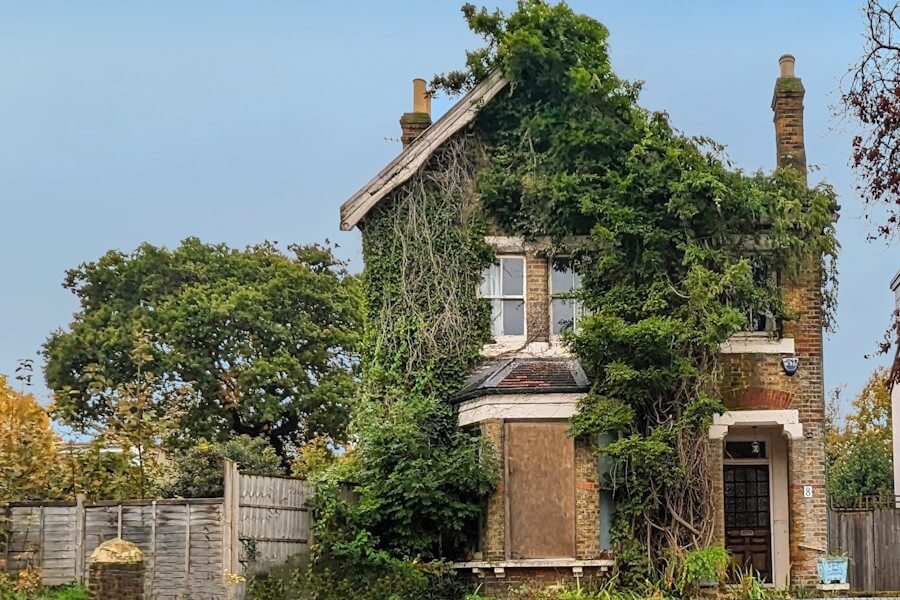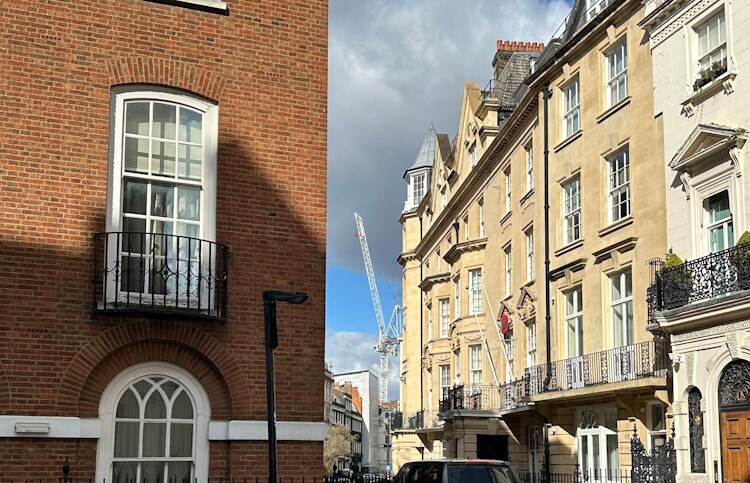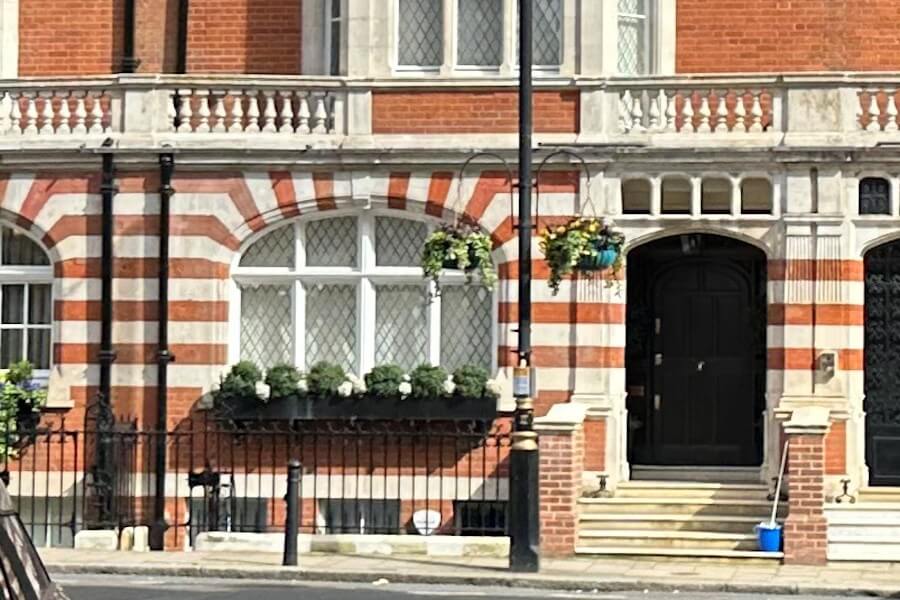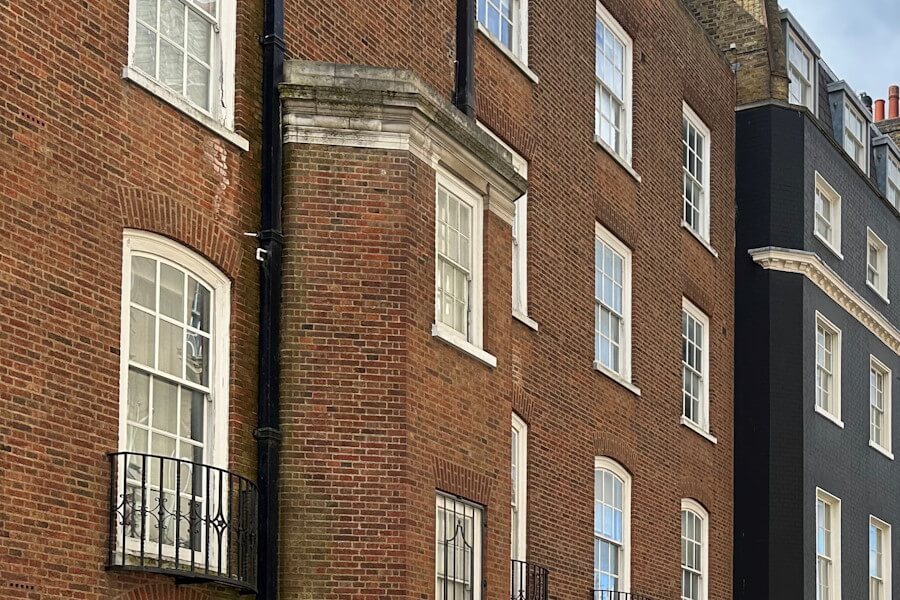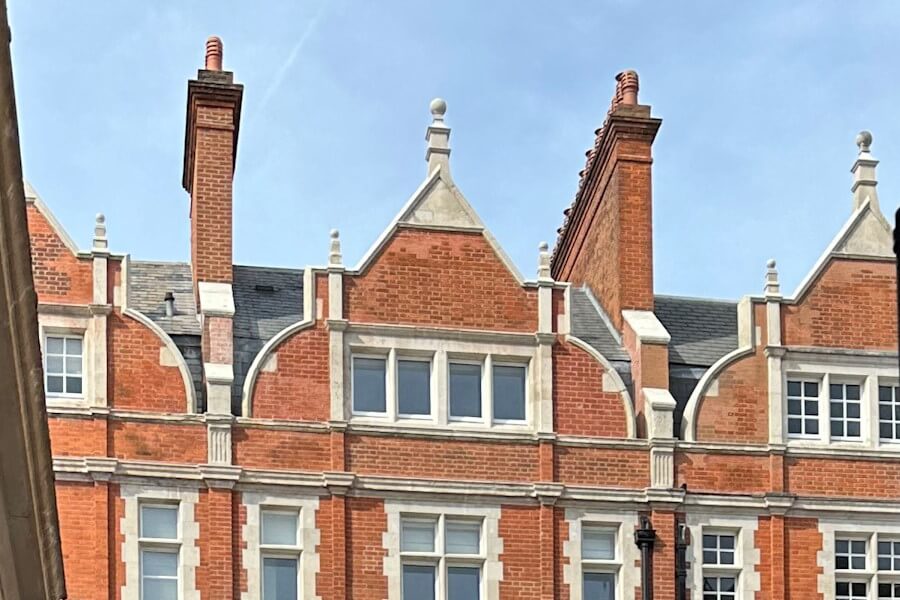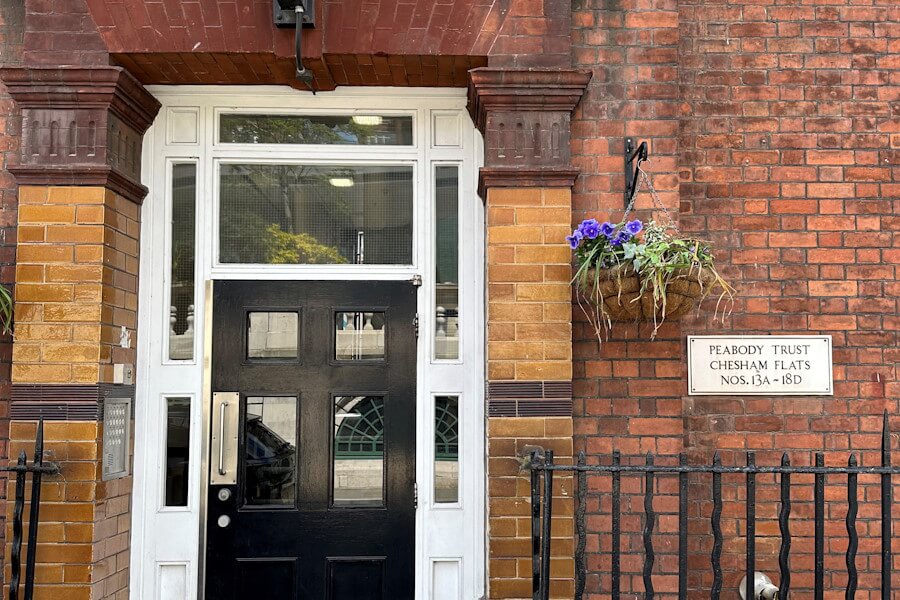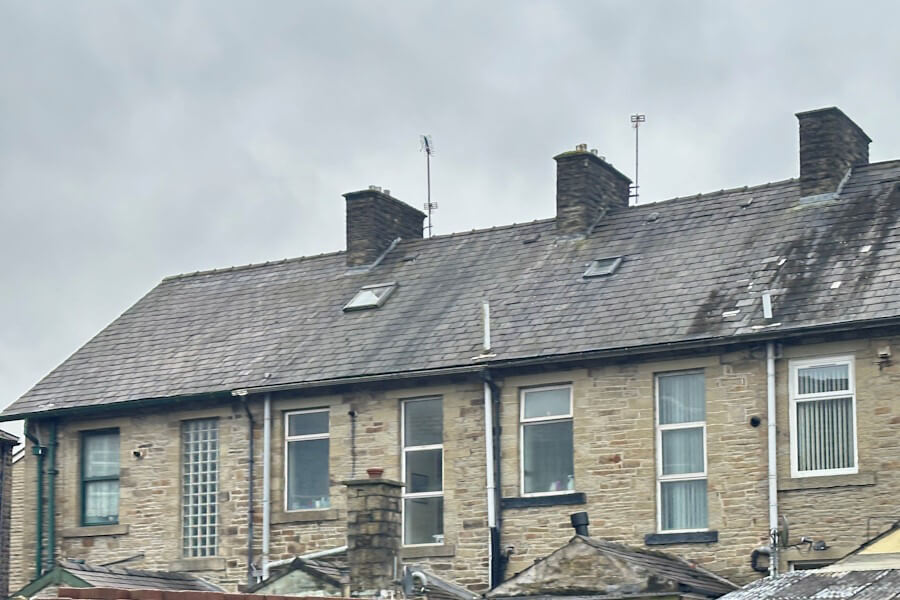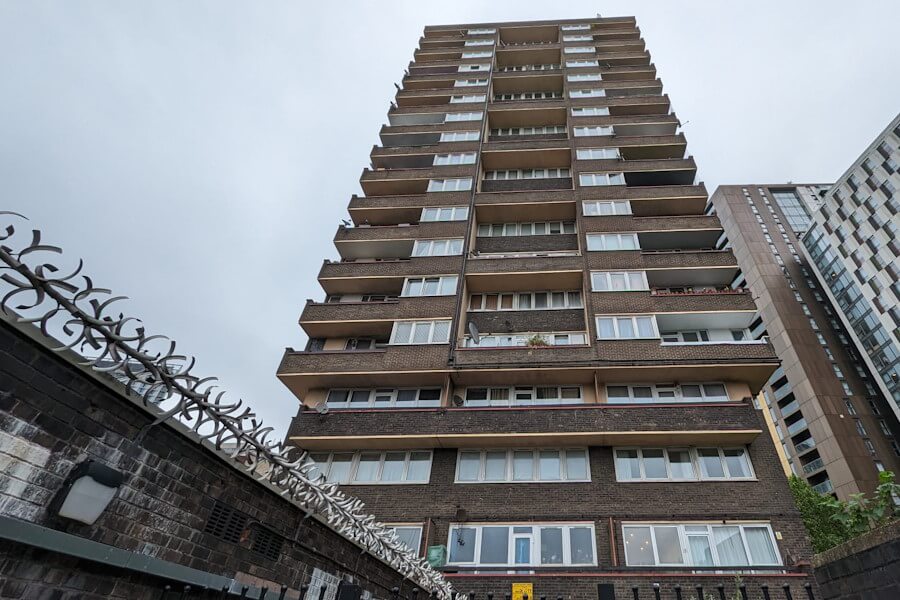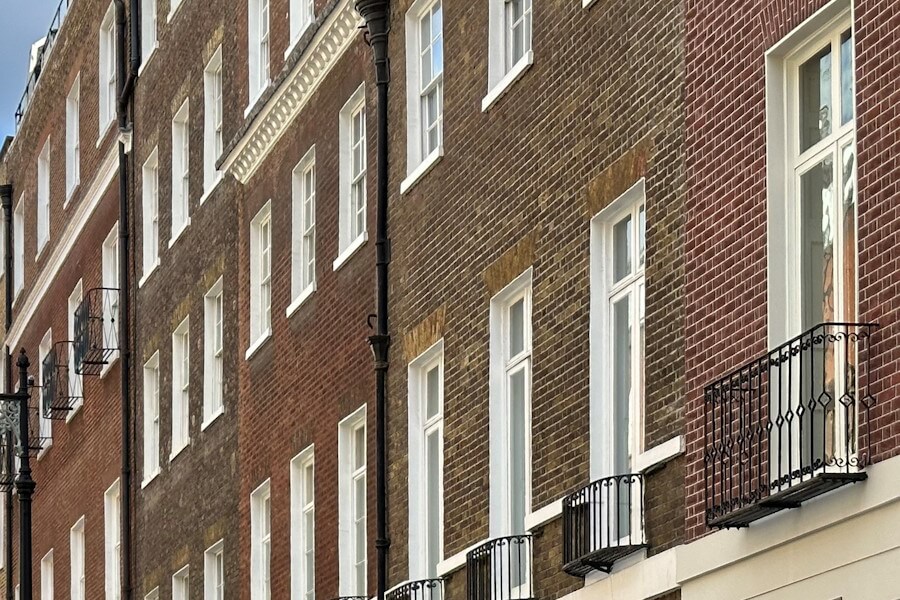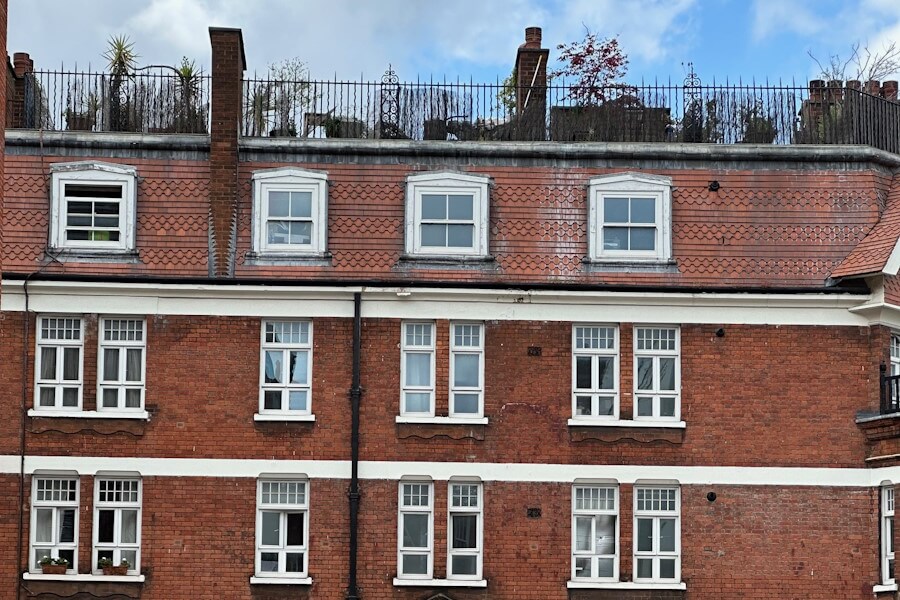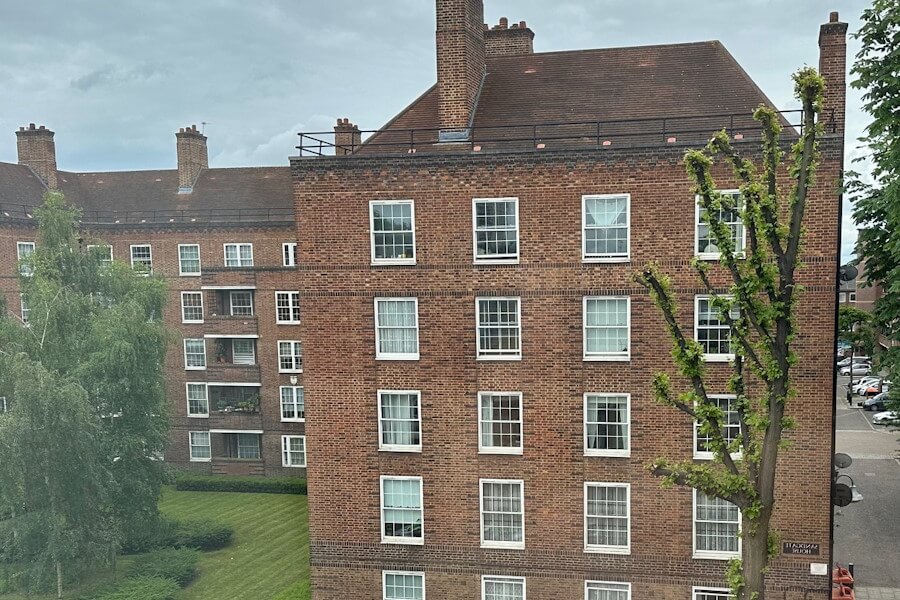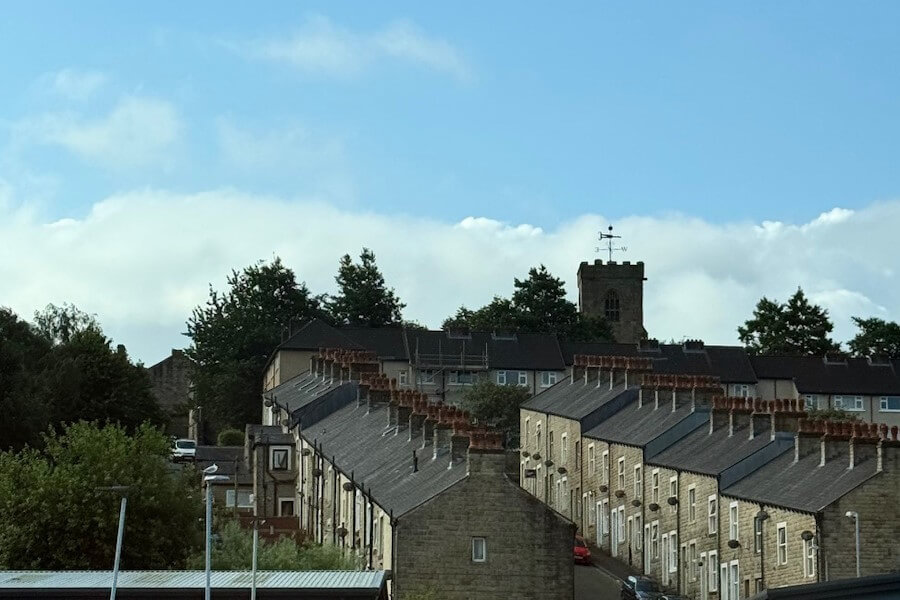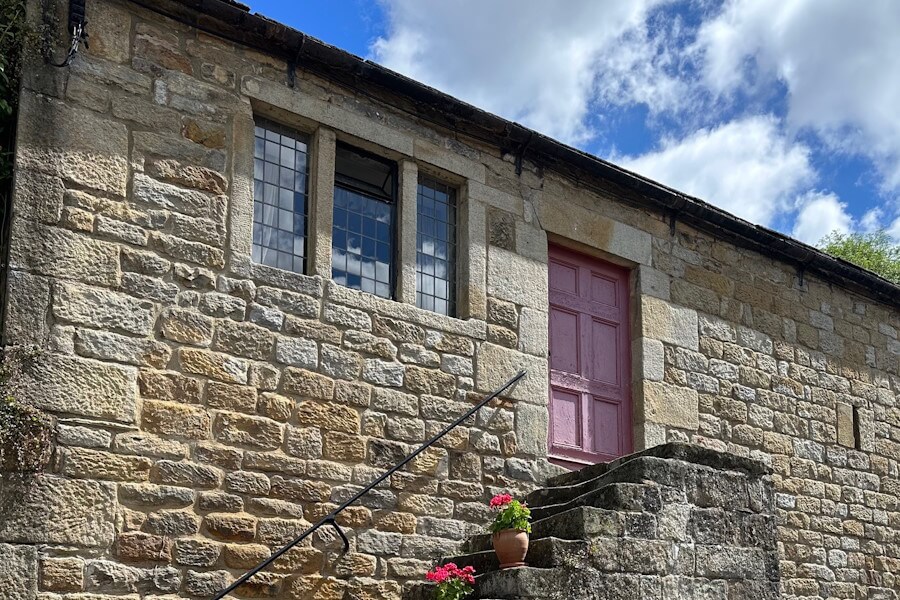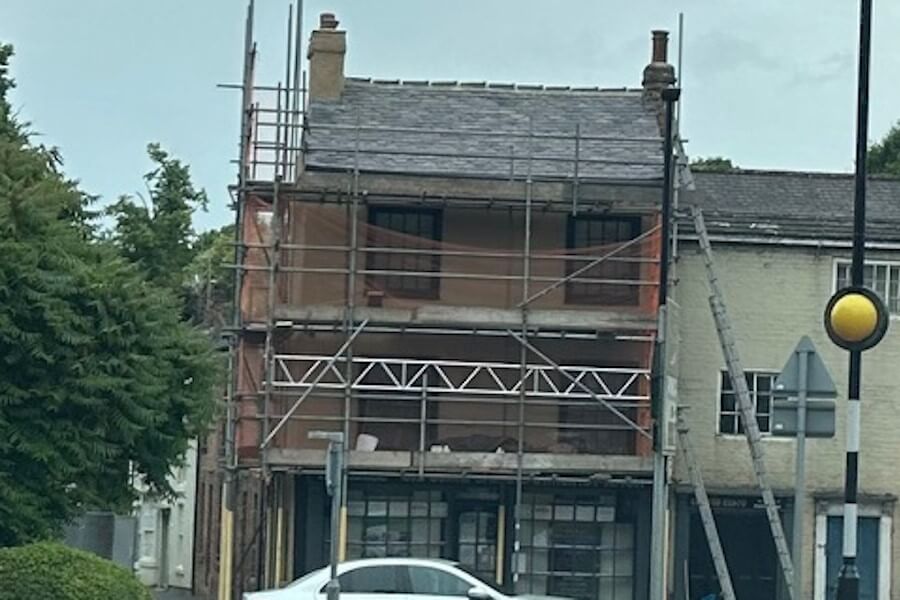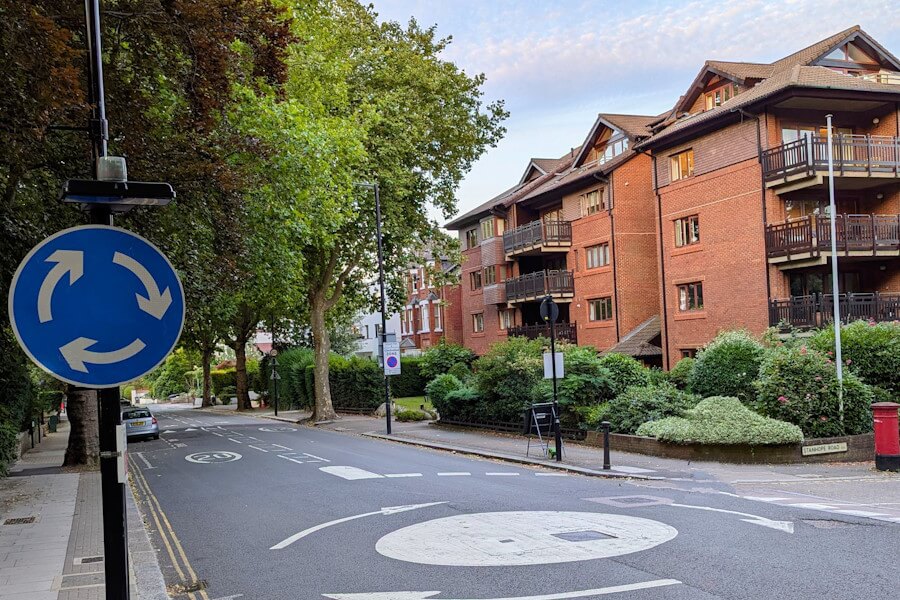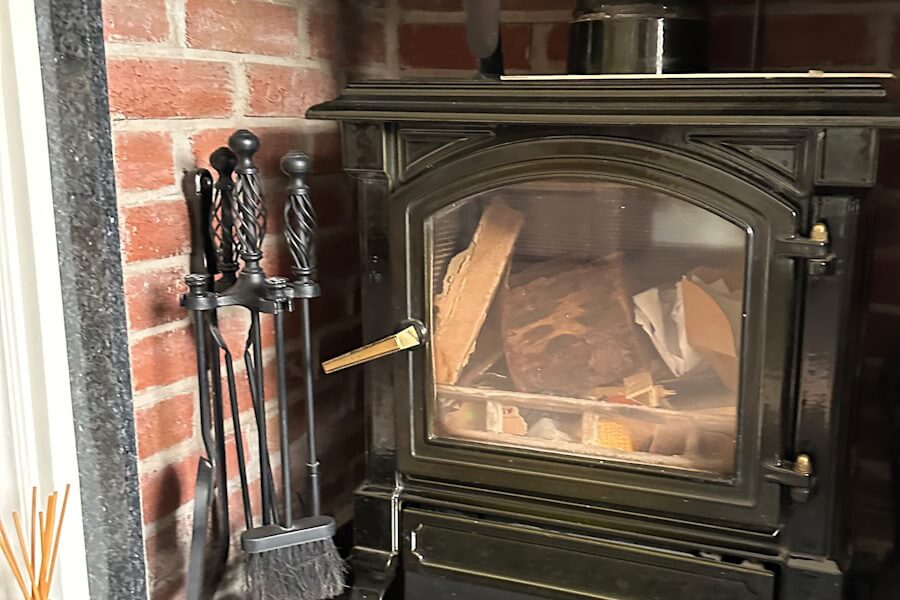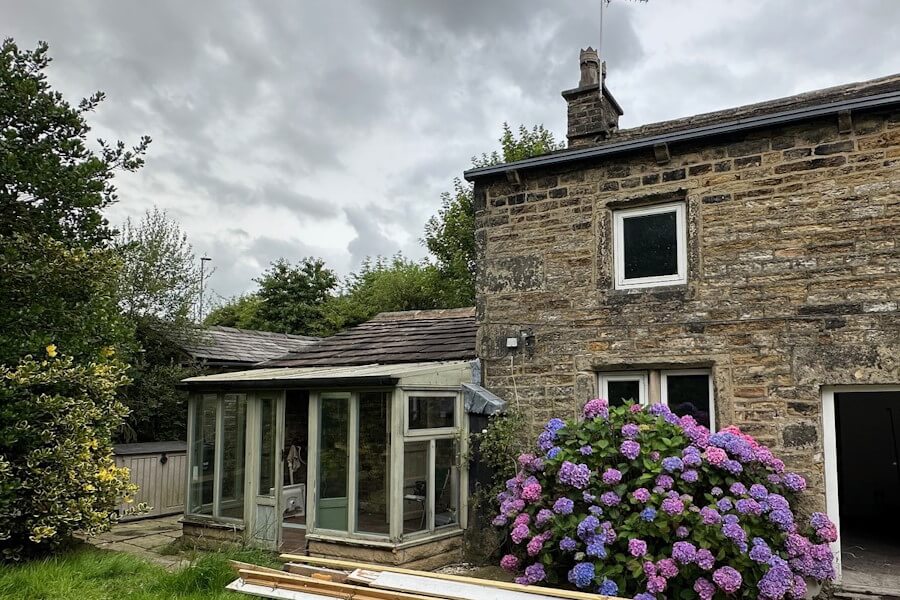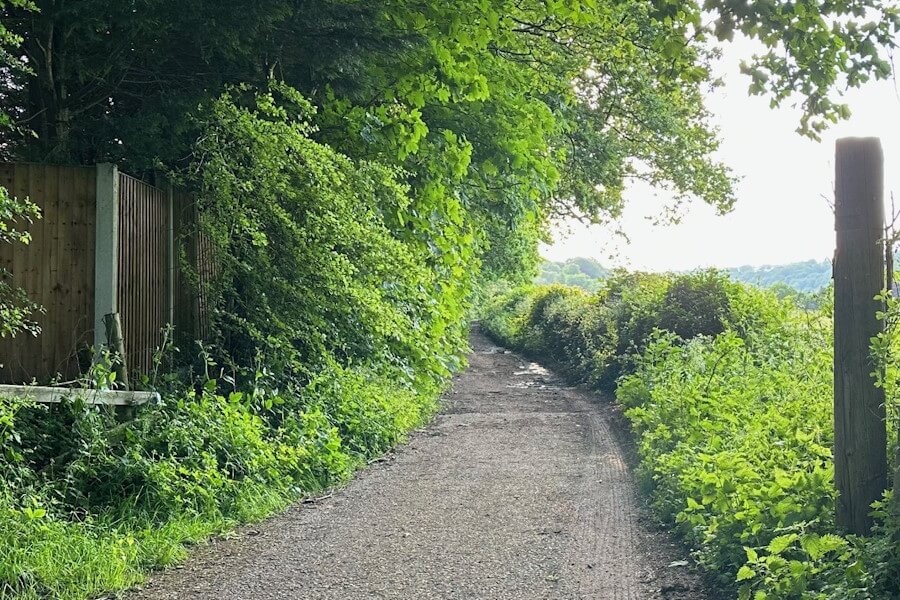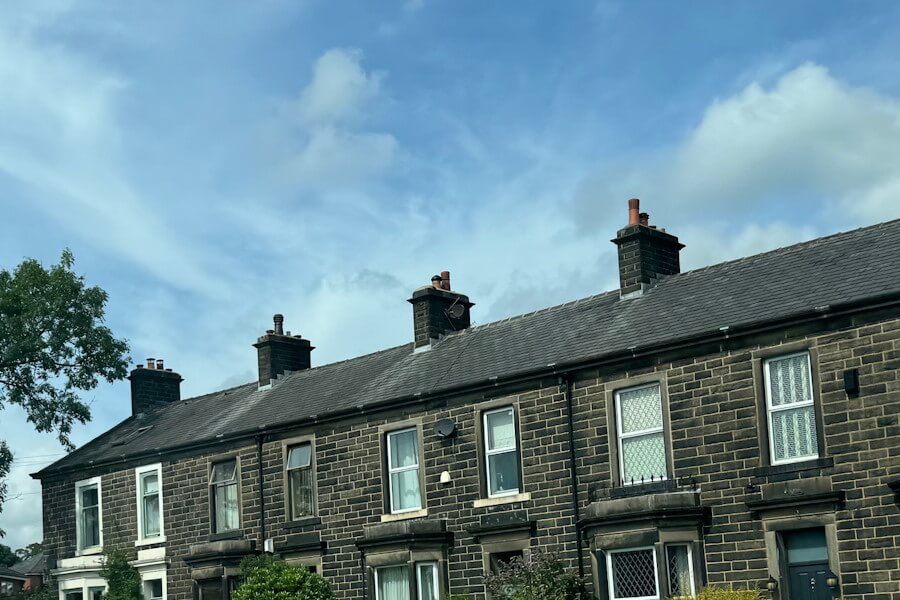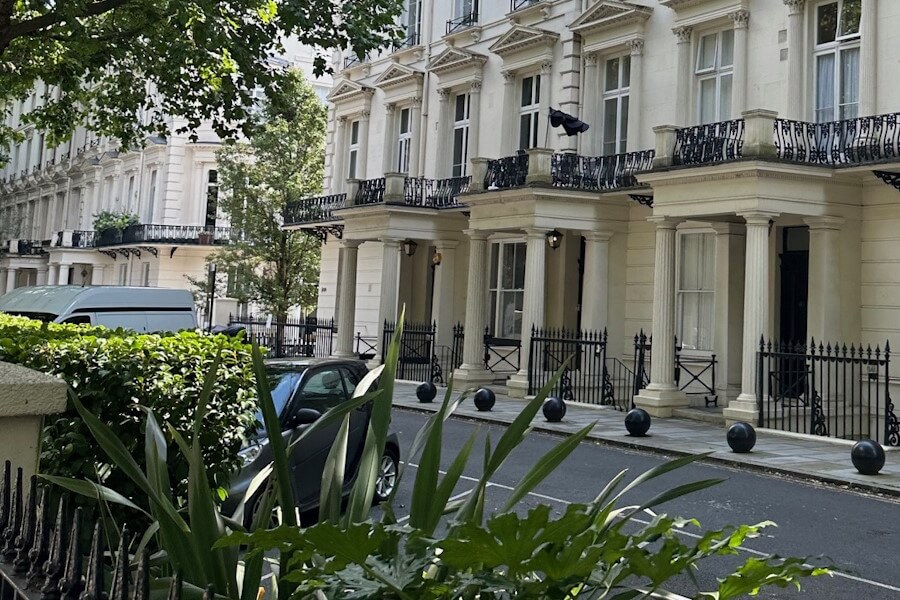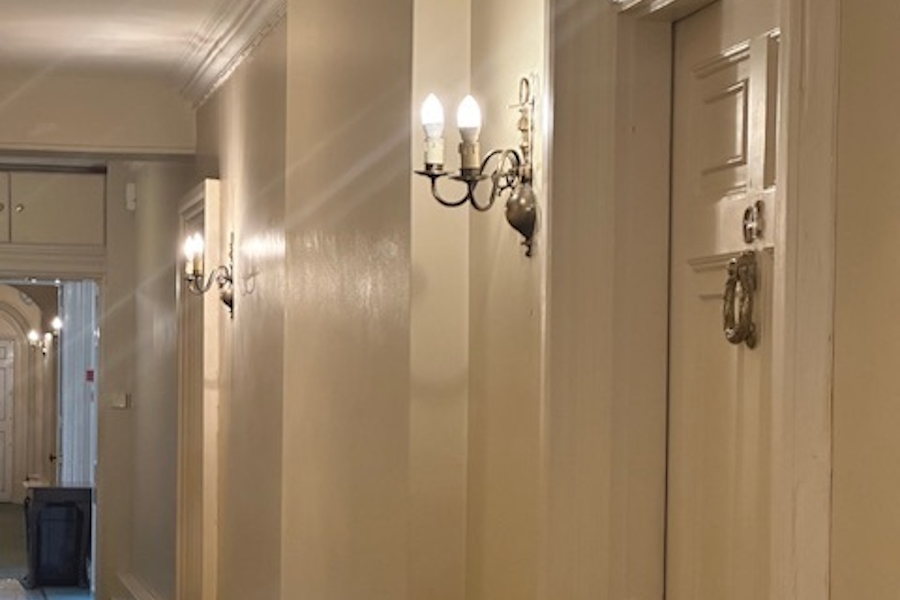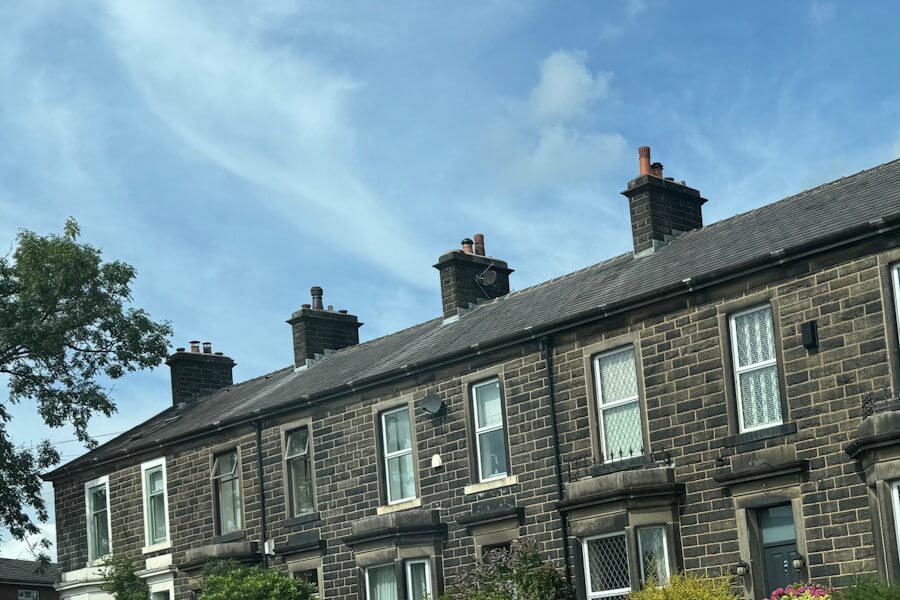Energy Performance Certificates – everything you need to know
If you’re thinking about selling your house or flat, you need to make sure that you have an Energy Performance Certificate. This is a legally required document that summarises the energy efficiency of your home and is a vital piece of information for prospective buyers.
Call 020 7183 3022 for your FREE sale price estimate
Deciding how to sell your property with or without an EPC
Whether or not you choose to obtain an EPC before selling your home, you will eventually have decide on how to find a buyer for the property. You can often choose from selling to a quick buyer, selling with an estate agent, selling on your own, or selling at an auction.
There are clear advantages and disadvantages associated with all four selections because of their potential costs, timelines and more. For example, selling to a quick buyer should only take a few short weeks from start to finish, and that includes exchanging contracts and you getting the full sale proceeds, compared to many months or longer when selling any other way.
You might want to write down your top aims with selling your home, such as whether you can accept paying commission, how fast you want to sell, and your ideal sale price. Then compare and contrast these elements against the specific details of all four options below, and this should help you with narrowing the methods down to the one that best suits your scenario.
Selling to a quick home buyer
Quick buyers are so-called as they already have the money in place to purchase your home, with no waiting for weeks or even months to first get approved a mortgage to pay for the transaction. This reduces the average schedule for selling via this option to a few weeks, and this includes the time taken to exchange contracts and pay the owner the full sale proceeds.
You’ll never have to pay any commission when selling to an honest quick buyer like LDN Properties, which helps with reducing your total costs, compared to selling via an auctioneer or estate agent where you’ll have to pay commission that is taken out of the final proceeds.
If you don’t have an EPC at your home and can’t, or don’t want to, obtain one before selling, quick buyers can be a solution, as noted earlier in this guide. That’s because they’ll make fair and swift offers on practically any home, regardless of any problems that may deter others.
For example, LDN Properties launched in 2003 and since then it has purchased and made offers for many varied types of homes throughout the UK, including not only houses without an EPC but also converted flats, smoker’s homes, properties situated near to industrial estates, houses that have Japanese knotweed in the garden, flats without a license to later, homes with a rentcharge, and other scenarios.
Selling this way is streamlined, free of stress and no-hassle, and starts when you call the quick buyer about selling your home. Within one hour of talking you should receive an initial offer, and there’s no pressure to make an immediate decision as you’ll have a week to consider it.
If you accept the initial offer, the quick buyer will then visit your property to inspect it ahead of a final offer. This is the only viewing that you would need to agree to when selling through this method, compared to possibly dozens or more viewings when using other options.
And if you agree to the final offer, the quick buyer then moves rapidly to work with your solicitor or other legal representative to complete the sale. Within just a few short weeks after you first get in touch with the company, the entire process should be completed.
Selling via an estate agent
Estate agents might be reluctant to try selling a home without an EPC because they know it could be hard to get buyers interested, so if you decide to sell this way then this might not be your best option. Either way, selling using this method often takes a very long time and it might be several months or even more than a full year before you get a serious offer.
An estate agent does most of the tasks needed to sell your home, starting with making a listing that features photographs of the property’s interior and exterior and describes its key features. They advertise this in local newspapers, online and in their office to get buyers interested, followed by scheduling viewings, hearing offers and trying to secure a final sale.
For all of this work, most estate agents will require that you pay them a fee if they are able to sell your home. This is often charged in a range from 1.15 percent to 1.40 percent of the final sale price, although the exact rate could be lower or higher than these amounts.
Selling via an estate agent also has the risk that someone makes an offer but then changes their mind and rescinds it, which would make the sale fall apart. They are able to do this without penalty if you have not yet exchanged contracts. And you would then need to start over with looking for a buyer, delaying an eventual sale by much more time.
Selling without any help
When you sell on your own, you will have sole responsibility for all the important actions like making a listing, promoting it, organising viewings, hearing offers and trying to get a sale. All of these steps will require a lot of your energy and time and it can be very stressful.
The only obvious benefit of selling this way is that you can avoid having to pay an estate agent or an auctioneer any commission on the sale, which will reduce your expenses. But the costs involved with the various parts of the selling process might easily cancel out this saving.
Your home might also go unsold for many months or even more than a full year, and that’s why selling without any third-party help is usually only suggested for someone that has managed to sell a home in the past, or who knows a qualified family member or friend who is willing to help with every step of the selling process without charging any commission.
Remember also that selling this way shares a problem with using an estate agent, in that a buyer can make an honest offer but then later on withdraw it because they no longer want to purchase your home. They’re allowed to do this without penalty if you have not exchanged contracts. And then you’d to seek another buyer, extending your selling timeline further.
Selling at a property auction
If you opt against getting an EPC before selling then you might find it hard to locate an auctioneer that has plenty of experience with selling such properties, which suggests you could struggle to sell your home this way. And even if you do get an EPC for your house or flat, trying your luck with an auction is not always the best choice in terms of time and cost.
For example, it can be a slow way to sell a home, with lots of waiting between when you select this selling method and when the auction occurs. And if your home does sell at the auction, the winning bidder usually has at least a month to complete all of their mandatory tasks needed to finalise the sale, such as signing all of the relevant legal documents.
It can be a good idea to ask individual auctioneers if they are willing to shorten the amount of time that the winning bidder has to do their work, as this can speed up a sale.
You will also need to pay the auctioneer commission if they are able to sell your home, and this is often charged at about 2.5 percent of your property’s auction sale price. This fee will add to your expenses because it will be deducted immediately from the final proceeds.
There are some auctioneers that might be willing to reduce the rate of commission that they charge you, or to have to winning bidder pay a share of your expenses, so it can be worthwhile asking if either of these outcomes are possible, as this can reduce your total costs.
The top seven questions we get about Energy Performance Certificates
Because we speak to so many homeowners on a regular basis, we’re often asked many questions about EPCs. Here are the seven that we get the most frequently:
✅ Why do I have to get an EPC before I can sell my home?
Because it’s a legally binding requirement. Although EPCs were introduced as part of the Home Information Packs that have since been abolished, the government retained the requirement that most homes being sold must have an EPC prior to sale.
✅ Do I risk any penalties if I try to sell my home without an EPC?
Yes. It’s against the law to attempt selling your house or flat without an up-to-date EPC, and you can be fined for trying to sell if you don’t have this certificate.
✅ I have an EPC that's more than 10 years old, can I use that to sell my home?
No. EPCs that are over a decade old are considered out of date and you’ll be required to obtain a new one before you can sell your home. Thankfully, they are relatively easy to get by contacting an accredited assessor to review and rate your home for a fee.
✅ Does the legal requirement to have an EPC apply to all properties?
The binding legal mandate that properties have an EPC applies to the vast majority of houses, flats and other homes throughout the UK. But you should review whether your property belongs in one of the limited number of categories of buildings that are exempt from having to obtain the certificate, including some listed homes and other properties.
✅ What choices do I have for selling a home with or without an EPC?
Four typical ways to sell almost any type of property – including those that either have an EPC or lack one – are selling to a quick buyer, selling with an estate agent, selling on your own, or selling with an auctioneer. There are strengths and weaknesses with all four options in terms of their time, cost, and how hard it is to find a buyer in cases where you don’t have an EPC.
✅ Will I need to pay commission when selling my property?
Regardless of whether or not you have an EPC for your home, you will be required to pay commission if you sell it through an estate agent or an auctioneer, and this fee will add to your total expenses because it will be taken out of the sale proceeds. But if you sell your property to a no-fee quick buyer like LDN Properties, or you sell on your own, you won’t pay any fees.
✅ When I’m ready to sell my house or flat, how long will it take?
If you choose to sell your home to a quick buyer such as LDN Properties then the entire timeline should only be a handful of weeks, and this includes receiving the full sale proceeds and exchanging contracts. But it will take at least several months, and possibly longer, to sell through an estate agent, without any assistance.
Discuss your property sale with LDN Properties, even if you are still waiting for your EPC
Our friendly team of experts are ready to chat with you to make a quick and competitive offer to buy your house or flat. Click the "Request Offer" button below or call us at 020 7183 3022 for a free no-obligation quote.
Latest guides
We’re rated as Excellent
Reviews.co.uk provide independent reviews from other people just like you!
"Successfully sold two properties direct to LDN Properties in the last two years. Genuine and trustworthy people and the dealings were straightforward." – Thomas from London

LDN Properties Limited, Linen Hall, 162 Regent St. London W1B 5TD
Company No. 04636129. ICO No. Z7733416. Ombudsman No. D12463.
Copyright 2003 to 2026
